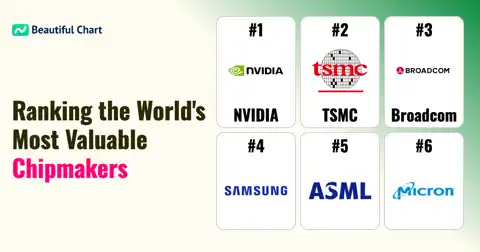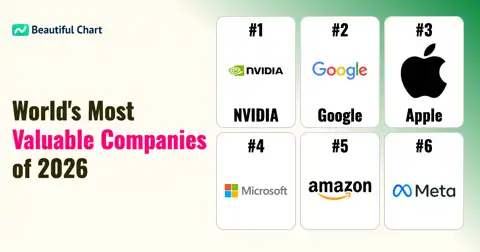This chart illustrates the trends in South Korea's average apartment transaction prices from 2006 to April 2024. During this period, apartment prices have shown an overall upward trend. Notably, major cities like Seoul, Busan, and Incheon have seen significant increases, reflecting growth in the real estate market. Despite regional variations in the rate of increase, apartment prices have risen nationwide.
The average apartment transaction price is the average price of apartments traded within a specific region over a certain period. It's a key indicator for understanding overall real estate market trends.
The most significant increase was in Seoul, where the average price in January 2006 was approximately $215,325.93 (290,690,000 KRW). By April 2024, it soared to $784,185.19 (1,058,650,000 KRW), marking a 364.19% increase. This sharp rise reflects the continually high demand for housing in the capital city.
Ulsan also experienced a significant increase. Its average price climbed from $65,596.30 (88,550,000 KRW) in January 2006 to $223,655.56 (301,940,000 KRW) in April 2024, a 340.97% surge. Other major cities, such as Incheon, Busan, and Gwangju, also saw notable increases, each surpassing 300% growth.
In the provinces, Jeju Special Self-Governing Province, Jeollanam-do, and Jeonbuk Special Self-Governing Province all achieved over 300% growth. Jeju's average apartment price increased from $75,622.22 (102,140,000 KRW) in January 2006 to $245,044.44 (331,810,000 KRW) in April 2024, a 324.85% rise.
Conversely, Chungcheongnam-do (217.89%) and Daejeon (212.88%) showed relatively lower growth rates but still demonstrated substantial price increases.
Overall, this price rise reflects urbanization, population concentration, and sustained demand for apartments in South Korea. It also highlights regional differences in the real estate market and changes in the country's housing culture.
Note: The conversion rate used was 1 USD = 1,350 KRW.
| Rank | Name | Indicator | Subindicator |
|---|---|---|---|
1 | Seoul | $757 | 2,681 transactions |
2 | Gyeonggi Province | $345 | 7,391 transactions |
3 | Incheon | $271 | 1,894 transactions |
4 | Busan | $269 | 1,720 transactions |
5 | Jeju Province | $237 | 132 transactions |
6 | Daegu | $235 | 1,644 transactions |
7 | Daejeon | $224 | 815 transactions |
8 | Ulsan | $216 | 864 transactions |
9 | Gwangju | $205 | 1,042 transactions |
10 | South Gyeongsang Province | $166 | 2,304 transactions |
11 | North Jeolla Province | $151 | 1,389 transactions |
12 | North Chungcheong Province | $144 | 1,314 transactions |
13 | Gangwon Province, South Korea | $144 | 1,297 transactions |
14 | South Chungcheong Province | $137 | 1,852 transactions |
15 | South Jeolla Province | $130 | 1,036 transactions |
16 | North Gyeongsang Province | $125 | 1,641 transactions |





